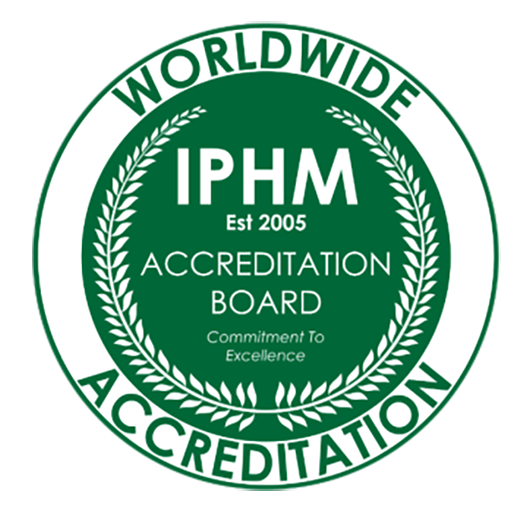Are you thinking of starting a family now or in the future? Perhaps you’re having or considering fertility treatment, or simply curious and want to know more about your egg count.
Check your level of anti-Müllerian hormone (AMH) to get an idea of your egg count (ovarian reserve) with our intravenous blood test.
Are you thinking of starting a family now or in the future? Perhaps you’re having or considering fertility treatment, or simply curious and want to know more about your egg count.
Measuring your AMH level gives you an indication of your ovarian reserve and is sometimes used in fertility planning.
Anti-Müllerian hormone (AMH) is made in your ovaries — specifically by the small follicles where your eggs develop. The number of follicles you have declines naturally with age. As AMH is only produced by ovarian follicles, the same decline is seen in the AMH level, which makes it a good indicator of your ovarian reserve.
Our AMH Blood Test will tell you if your AMH level is normal for your age. If you’re undergoing in vitro fertilisation (IVF), it can be useful to predict the number of eggs you’ll release as well as the dosage of medication to stimulate the ovaries.
If you receive a low AMH result, this can be a sign that your ovarian reserve is decreasing, which may affect your fertility. In these cases, your fertility doctor may recommend a follow-up ultrasound scan (antral follicle count), where a doctor counts the activated follicles within your ovaries.
Our AMH test can also help signal some reproductive health conditions. For instance, a high AMH level can be an indicator of polycystic ovary syndrome (PCOS), a hormonal condition that can affect your fertility.
Some hormonal contraceptives, such as the pill or the implant, can falsely lower your result. Having polycystic ovary syndrome (PCOS) is also likely to lead to a falsely raised result. Other factors that may affect your AMH level include biotin supplements and previous ovarian surgery.
Although our AMH Blood Test can give you insights into your ovarian reserve, it can’t tell you how many healthy eggs you have remaining or your likelihood of becoming pregnant (either naturally or through fertility treatment). There are many reasons why a couple may not be conceiving, which this test can’t detect. Therefore, this test should not be used as a predictor of fertility. Normal AMH levels are based on broad age brackets. AMH levels peak at around 25 years of age. If you’re under 25, the result may not accurately reflect your ovarian reserve.
Anti-Mullerian Hormone, or AMH, is a hormone produced by the ovaries. In particular, it is produced by the follicles which contain eggs within the ovary. Levels can indicate how high or low a woman’s ovarian reserve is. Anti Mullerian Hormone is not routinely measured in men. It may be used by specialist fertility clinics in assessing sperm production.


Vita Health Clinic Ltd 2023. Company registered number: 15275009. Registered Address: 22a Park Road, Bingley, West Yorkshire, BD16 4JD
Financial Conduct Authority, registration number 978517. Credit is subject to status.
Get in touch by making inquiries on services or products you’d like to know more about or compare.